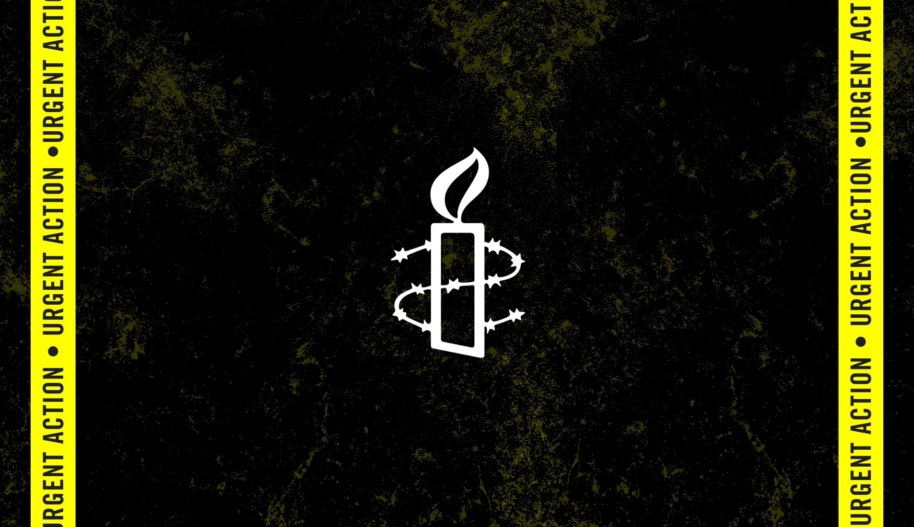On May 25, armed Huthi forces stormed a peaceful gathering of Baha’is in Sana’a, Yemen. They took 17 members of the Baha’i community, including five women and human rights and humanitarian workers. Since then, 12 individuals have been released following international pressure.
However, , five are still being held without fair reason by the Huthi’s security group, and they’re not allowed to talk to a lawyer. These five are in danger of being mistreated or even tortured by the Huthi leaders. Amnesty International calls on the Huthi de facto authorities to immediately and unconditionally release the remaining five Baha’i detainees as they are detained solely for the peaceful exercise of their human rights.
Here’s what you can do:
Write to the Huthi de facto authorities urging them to:
- Immediately and unconditionally release all five Baha’i detainees in their custody.
- End all forms of discrimination and persecution of the Baha’i minority and all others who are targeted solely for the peaceful exercise of their human rights including to freedom of religion and belief.
Write to:
Spokesperson for the Huthi de facto authorities
Mohamed Abdelsalam
Email: mdabdalsalam@gmail.com
Twitter/X: @abdusalamsalah
Salutation: Dear Mohamed Abdelsalam,
And copy:
His Excellency Jamal Abdullah Yahya AL-SALLAL
Ambassador
Embassy of the Republic of Yemen
54 Chamberlain Avenue
Ottawa, ON K1S 1V9
Tel: (613) 729-6627 Fax: (613) 729-8915
Email: yeminfo@yemenembassy.ca
Recent Developments and Historical Context
On May 25, armed Huthi militants disrupted a peaceful gathering of the Baha’i community in Sana’a, Yemen, forcibly abducting 17 individuals, among them five women and advocates for human rights and humanitarian causes. Amnesty International has been closely monitoring the plight of 82 Baha’is in Yemen since 2015, who have been apprehended by the Huthi de facto authorities. These individuals have endured enforced disappearances, torture, solitary confinement, and have been denied fair legal proceedings.
In 2016, five Baha’i members were detained without formal charges or trial for an extended period exceeding two years. It wasn’t until September 2018 that they were accused of serious offenses, including espionage, some of which carry the death penalty. Their prosecution was part of a larger trial involving 24 Baha’is in total, with 19 being charged in absentia, including the teenage daughter of a detainee. In 2020, the Huthi authorities announced the release of all Baha’i detainees on the condition of their exile from Yemen, although the charges against the 24 Baha’is remained unresolved.
Hamid Haydara, a Baha’i imprisoned for his beliefs, was released in 2020 after his initial detention in 2013. He faced a death sentence in 2018 but was pardoned in 2020. Amnesty International has expressed concerns regarding the basis for his detention, the deeply flawed legal process he underwent, including prolonged pre-trial detention, excessive trial delays, torture, and other forms of mistreatment, as well as the denial of legal representation during interrogations.
International Reactions and Persistent Issues
Various factions involved in Yemen’s armed conflict, including Huthi militants, the internationally recognized government, the Southern Transitional Council, the Saudi-led coalition, and UAE-supported Yemeni forces, have committed violations of international human rights and humanitarian law. These include deliberate killings, arbitrary detentions, enforced disappearances, torture, mistreatment, and conducting unfair trials.
On October 17, 2023, the UN Human Rights Council passed a resolution urging the Huthi de facto authorities to remove barriers to the delivery of humanitarian aid, release kidnapped humanitarian workers, and end acts of violence and discrimination against women and individuals targeted based on their religion or beliefs.
Please take action as soon as possible until May 10, 2024! The UA will be duly updated should there be the need for further action.













